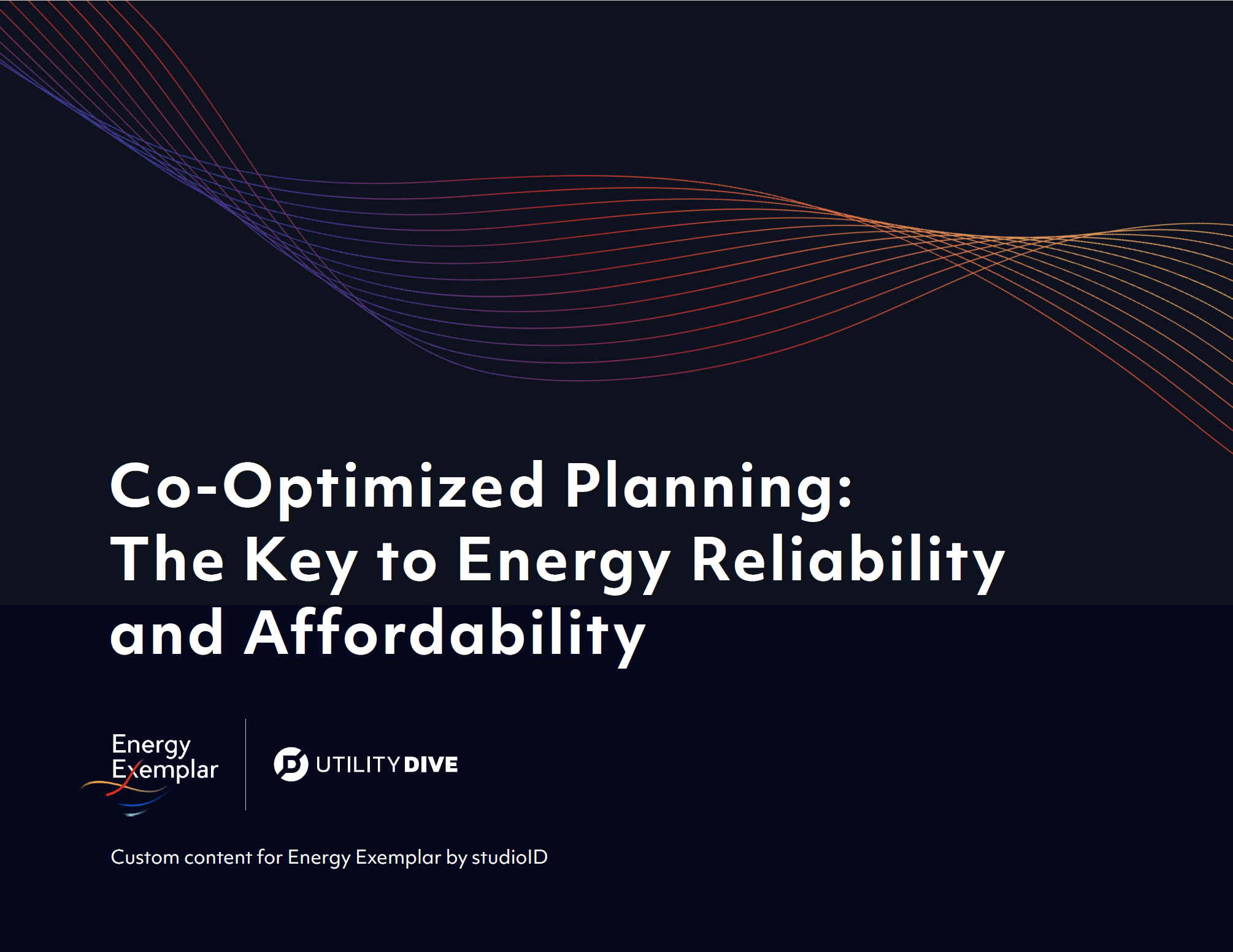E-Book
Co-Optimized Planning: The Key to Energy Reliability & Affordability
As the energy transition accelerates worldwide, the overall energy landscape is shifting dramatically. Power is increasingly generated by renewable, intermittent sources. In parallel, power demand is growing, in part due to electrification across sectors. As this shift occurs, dispatchable generation is still needed. Natural gas has largely been filling this void since it is relatively low-carbon intensive in comparison to the alternatives. As a result, the power and gas sectors are progressively becoming more and more intertwined. However, these two energy sectors have traditionally been regulated, planned, and operated in silos.
This is where co-optimization comes into play. Power and gas co-optimization is a strategic approach involving the integrated planning and operation of electricity and natural gas systems to maximize efficiency, reliability and cost-effectiveness. Given natural gas’ critical role in power generation, this coordinated approach is essential for navigating the complexities of the modern energy landscape and ensuring energy reliability.
Ready to learn more about the drivers of co-optimization and the global dynamics behind it? You’re in the right place. Explore this page to learn all about co-optimized planning.
Co-Optimized Planning: The Key to Energy Reliability & Affordability
An introduction to co-optimization
How energy organizations are navigating the energy transition with co-optimized planning
Co-optimization in practice: real-world case studies from leading energy organizations
In this e-book, you'll learn:

PLEXOS® is a powerful energy market simulation engine providing analytics and decision-support to modelers, generators, and market analysts — offering flexible and precise simulations across electric, water, gas and renewable energy markets.
"My favorite and foremost the most popular [PLEXOS feature] is the co-optimization of power and gas. So essentially, it’s the understanding of how the gas market could interfere and affect the power market. So essentially, especially in the last year or so, we have the gas market and the spikes in the gas prices, and this really affected the power prices and essentially the demand and so on so forth."
- Konstantinos Bergeles, DESFA
"PLEXOS is allowing us to explore new questions as we encounter them. At this point, we're looking out to 2050 which is the endpoint of a lot of the state policies in New England...a thing that we couldn't do, for example, in our previous tools was to model gas constraints alongside with electricity constraints. And so, PLEXOS allows us to see, well, we're actually still depending on a lot of fossil fuel generation in our future cases, and it might be a different non-carbon emitting source in the future, but the gas constraints will remain. And PLEXOS allows us to model those fuel constraints and give us a sense of – previously we were overstating how much generation we can get from those resources and PLEXOS allows us to see the difference."
- Patrick Boughan, ISO New England
"We've solved quite a few (industry challenges) throughout the years. We've taken up initially, the integration of renewables as this was coming to fruition. Then we saw the rise of battery storage, which was really sci fi when I started my career - PLEXOS showed us a lot into that. And then, depending on the assignment and the project, we've seen quite a lot of interest in the gas co-optimization. Having gas as an energy transition fuel makes a difference and being able to do that simultaneously with power is very useful. But also, in other assignments relevant to hydrogen or water desalination and a combination of the two."
- John Dimitropoulos, Grant Thronton Greece